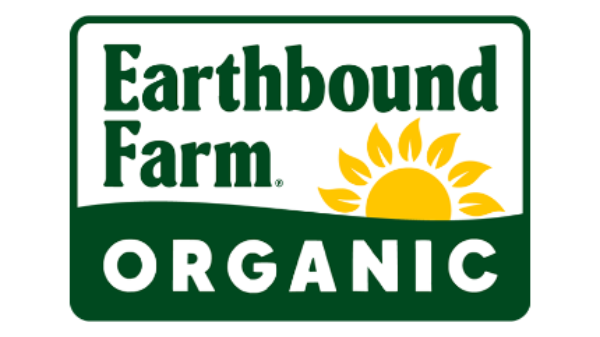Welcome to Blue Book!
Are you ready to join the thousands of companies who rely on Blue Book to drive smarter decisions? View our plans and get started today!
Still have questions? We’d love to show you what Blue Book can do for you. Drop us a line– we’ve been waiting for you.

Motor City – Motown – The 313—no matter what you prefer to call the largest city in Michigan, one thing is certain: Detroit has become a global symbol of economic catastrophe and tenacious resilience. As the city struggles to “rise from the ashes,” its produce markets endure and even flourish in the face of the city’s highly publicized collapse.
Fortunately, the food and agriculture industry has thrived in the face of Michigan’s tough recession, contributing an estimated $91.4 billion to the state’s economy based on a 2012 Michigan State University study. According to the report, the economic contribution of the industry has increased 50 percent between 2004 and 2010. Michigan’s growers represent 12 percent of this overall total, and their economic contribution has nearly doubled from less than $7 billion to $13 billion.
The Core of Detroit Produce
Detroit’s two major terminal markets are vital to the success of Michigan’s food and agriculture industry. For more than 85 years, both the Detroit Produce Terminal and the Detroit Eastern Market have offered the city’s increasingly diverse customer base a cornucopia of fresh produce.
Each year, the Detroit Eastern Market sells more than 70,000 tons of fresh produce to wholesalers, retailers, and the general public. The Detroit Produce Terminal, the younger of the two markets, is renowned as the hub of Motown’s produce business.
“For more than a decade, we’ve seen incredible growth,” says Nate Stone, COO of Ben B. Schwartz & Sons, one of the first companies to do business at the Detroit Produce Terminal. Stone says they even have a copy of the first bill of lading for Ben B. Schwartz. “It actually says ‘#1’ on it and was some of the first produce that came into the market when it opened.”
Ben B. Schwartz isn’t the only wholesaler on the market that has demonstrated tremendous staying power. Rocky Produce, Inc., founded in 1957, has done business out of the Detroit Produce Terminal since the mid-1970s. “We’re a big family business,” says Dominic Russo, the company’s buying, sales, and transportation manager.
Astounding Advantages
Although outsiders often assume the Detroit produce trade is faltering along with the rest of the city, Motown produce professionals are quick to point out their industry is alive and well. Russo says there are countless advantages to running a produce business out of Detroit, including a uniquely robust network of retailers. “We have some independent markets around here that do a phenomenal job in retail, and they actually talk to consumers all around the suburbs of Detroit about produce and quality,” Russo explains. In turn, Russo says this translates into “good healthy competition” amongst wholesalers on the market.
Produce businesses on the Detroit Produce Terminal also enjoy another priceless advantage: location, location, location. “We’re centrally located, so it’s easy to get our product out to many markets,” explains Carmen Spaccarotella, president of H & S Produce Company, Inc., which specializes in pecans and watermelon.







